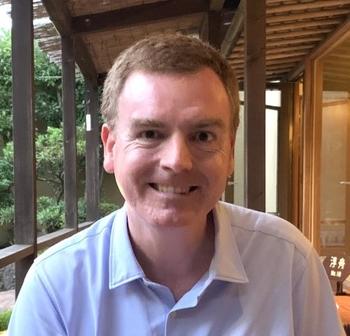Prof. Dr. Eric Vanden Bussche

Fellow in the project "Conceptions of World Order and Their Social Carrier Groups“ (Fall 2025)
Short Biography
Eric Vanden Bussche is an assistant professor at the University of Tokyo, Japan. His research and teaching examine the historical and contemporary dimensions of border disputes in East Asia, as well as the transnational processes shaping Chinese immigration to Brazil. He is co-editor of Critical Han Studies: The History, Representation, and Identity of China's Majority (University of California Press, 2012) and co-author of 《巴西与中国:世界秩序变动中的双方关系》 (世界知识出版社, 2001). He holds a Ph.D. from Stanford University and an M.A. from Beijing University. His academic experience also includes a year as a visiting scholar at the Institute of Modern History at Academia Sinica in Taiwan.
Project
The Making of a “New China” in the Tropics: Geographical Knowledge and Chinese Migration to Brazil, 1870s-1900sThis research project investigates the transnational circulation of scientific and geographical knowledge between China and Brazil and its role in reshaping the ideas and practices of Chinese settler colonialism in South America from 1876 and 1909. It examines how intelligence-gathering missions and trade delegations from both countries devised plans to ensure a steady flow of Chinese immigrants to Brazil’s agricultural hinterlands. By highlighting the agency of the multiple state and non-state actors, this project situates these efforts within the dual processes of modern nation-building and empire-building.
To illustrate these dynamics, this study focuses on Fu Yunlong’s expedition to Brazil in 1889. This expedition was part of the Qing court’s broader endeavor in collecting firsthand knowledge on the world to reshape Chinese geopolitical thinking and expand Qing influence abroad during the late nineteenth century. During his two-month sojourn in Brazil, Fu Yunlong gathered extensive documentation—from maps to agricultural surveys and industrial reports—which he later distilled into a ten-volume report. Qing officials drew on Fu Yunlong’s writings to reimagine Chinese migration to South America.
This project moves beyond national-centered narratives to widen the scope of inquiry on the global circulation of scientific and geographical knowledge. It also contributes to the theoretical and methodological discussions on the concept of settler colonialism, which has generally been employed in the context of Euro-American experiences.
